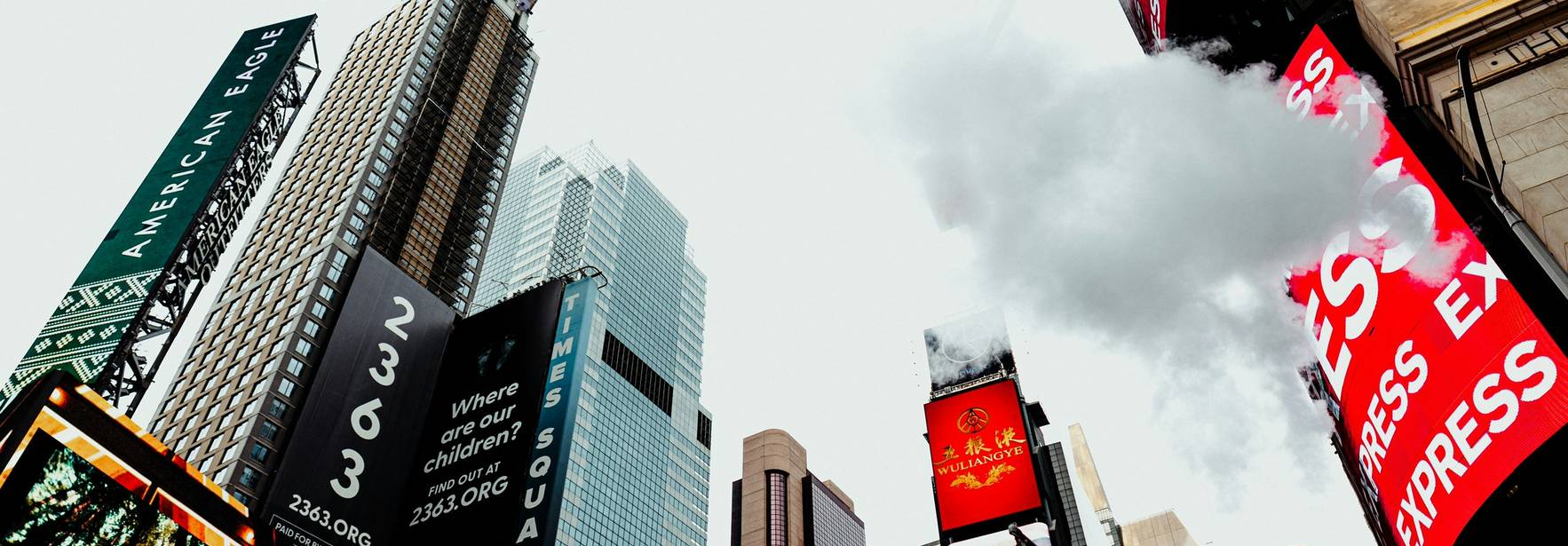Code of Conduct on Influencer Advertising 2025
Informes16 July 2025
New rules for influencer advertising: transparency, AI and shared responsibility.
Main novelties introduced by the new Code:
- The obligation for compliance with the Code to be expressly included in contracts with influencers. This contractual inclusion will now be a formal requirement, so that the current models will have to be revised and adapted.
- The concept of advertising content has been redefined: it is now sufficient for there to be a promotional action and consideration, without the advertiser needing to have editorial control. This considerably broadens the cases in which a publication is considered to be advertising, and therefore subject to the requirements of the Code.
- Identification obligations are strengthened: commercial statements must be clear, visible from the outset and appropriate to the format and platform. Ambiguous formulas such as "Ad", "Colab" or "Thanks to..." are no longer valid. Agencies must therefore ensure that influencers comply with these rules in their content.
- Specific provisions are incorporated for campaigns involving or featuring minors. These rules require a review of the procedures for recruitment, obtaining consent and validation of content in these cases.
- A specific section on the use of artificial intelligence in the generation or modification of advertising content is included. The Code requires ensuring transparency and preventing content from being misleading, so it will be necessary to review whether these tools are being used in production and, where appropriate, to establish limits or adequate warnings.
- The liability regime is more clearly defined, clarifying that liability can be shared between advertiser, agency and influencer. However, the Code allows a party to be exempted if it can demonstrate that it has acted diligently. This makes it particularly important to review procedures, instructions and contractual documentation.
- The complaints procedure is extended. Complaints can now be lodged not only by member institutions, but also by authorities, consumer or industry associations, businesses and individuals concerned. This increases the level of external control and reputational risk.
- A monitoring committee is set up. This committee will be responsible for ensuring the correct application of the Code, identifying possible improvements and proposing future updates.
All these changes require a cross-cutting review of operations: from contracts to content approval flows. Responsibility no longer lies solely with the influencer, and legal loopholes can lead to reputational, legal or sanctioning risks.
